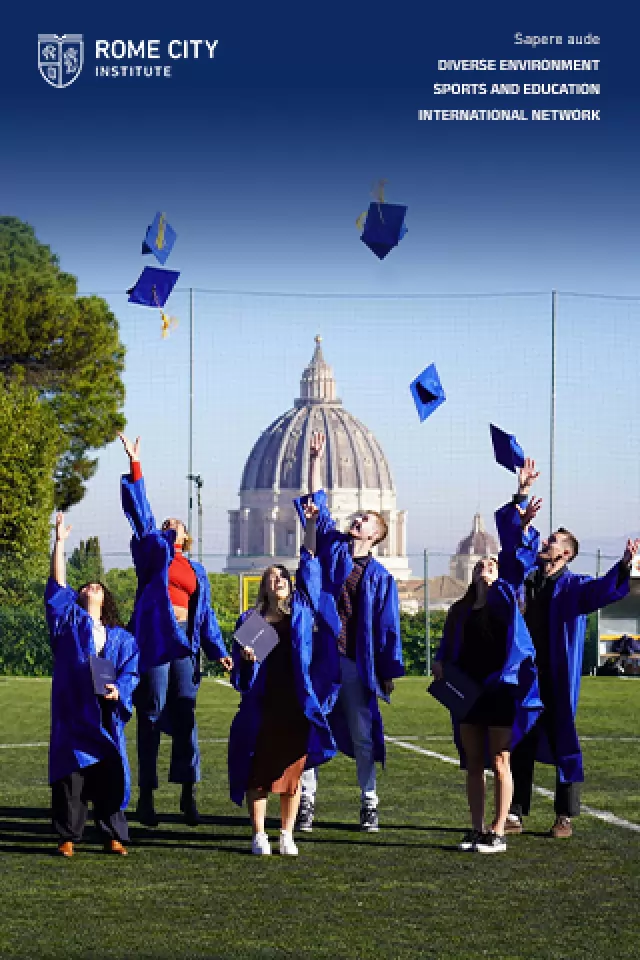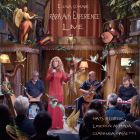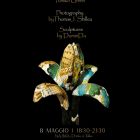Holding history in your hands.
Forget about the Colosseum and Trajans markets, get yourself into one of the citys many archives to unearth the hidden historical secrets of Rome on paper. From the wealthy noble family to the local bar in Campo de Fiori, every institution, both public and private, has traces of its past.
Rome has a wealth of information in its archives. From architectural drawings detailing town planning to diaries of important foreign guests, from church rolls of marriages to lists of possessions sold in auctions.
The archives are not just for the high-flown historian. They are for everyone who wants a deeper knowledge of the city.
Perhaps you live in a building that was constructed in the 1700s but you want to know about subsequent restoration projects. Alternatively you might want to find out the history of your street name Via del Falegname (road of carpenters) or Via dei Pettinari (road of comb-makers). Maybe youre interested in what clothes people wore in the 16th century for a theatre production. Its not all Latin laws and legal contracts. There is everything from juicy diaries to travel entries, from records of criminal trials to inventories of shop sales. Here is a chance to hold history in your hands, reading about events as if they happened yesterday.
The first two places to visit in Rome are the Archivio Storico Capitolino (ASC) at the Chiesa Nuova in Corso Vittorio Emanuele II and the Archivio di Stato di Roma (ASR) in Corso Rinascimento. The ASR holds documents regarding state administration (pre-unification of Italy in 1860). The ASC has records, some of which date back to the 12th century, that concern the functioning of the municipality of Rome, for example the water system and the maintenance of the city gates.
There are many other archives such as family, museum and church collections and the vast archives contained in the Vatican but these are often harder to access, and a letter of introduction is usually needed.
The ASC and ASR are the two main public archives available to both Italians and foreigners for which you do not need a letter of introduction. Just take along an identity document. Entry is free of charge. Here the superstar historian of television fame rubs shoulders with the elderly gentleman who wants to find out about his Roman ancestry.
The archives may seem daunting at first. They are not like open-shelf libraries with endless corridors of books and manuscripts. The beautiful buildings, which make the trip an amazing experience in itself, are quite sparse because the thousands of bound manuscripts are stored in numerous underground and over-ground depositories. Some volumes are very delicate and rare and can be consulted only by special request.
An archivist can quickly advise on the feasibility of your research and give a rough overview of how your section is organised. In the entrance of each archive there are catalogues to guide you through the material. For example if you are looking for information on marriages then legal documents are the best bet and you will be directed to the index of the notary offices, which may be organised chronologically, alphabetically or geographically, depending on the period.
The indexes are not completely comprehensive because information has been shifted from pillar to post through the years and in fact the history of the archives tells the history of the city itself.
Once you have identified a section that interests you, fill out a form to request consultation, stating the catalogue reference. Material is fetched only three times a day each archive has a different schedule and you can consult only two volumes at a time. You wont be allowed to take the material away and reproduction of documents depends on date and rarity of the material.
Original documents are bound together in large volumes. Like the archive itself these were often randomly put together when deposited. Most documents are in Italian but some older ones are in Latin. Among the dusty pages, you might find the family name of the wedded couple you are looking for, or the name of the church where they married even a list of wedding gifts.
These leads could take you across Rome, chasing more clues, hunting out churches or old family homes and getting into yet more archives. Although it doesnt sound very scholarly, pot luck and tenacity are what you require. This is the stuff of detective stories and you might well find yourself solving your very own Hercule Poirot mystery.
l Archivio Storico Capitolino. Palazzo della Chiesa Nuova 18. Tel. 0667108100, fax 0668806639, email archivio@comune.roma.it. Mon, Fri. 09.00-13.00. Tues, Weds, Thurs, 09.00-16.00.
l Archivio di Stato di Roma. Palazzo della Sapienza, Corso Rinascimento 40. Tel. 066819081, fax 066864123.


















